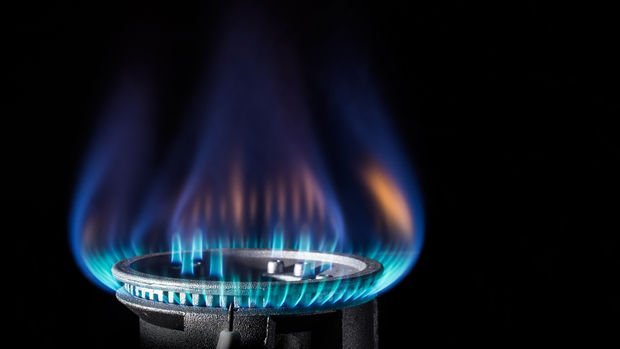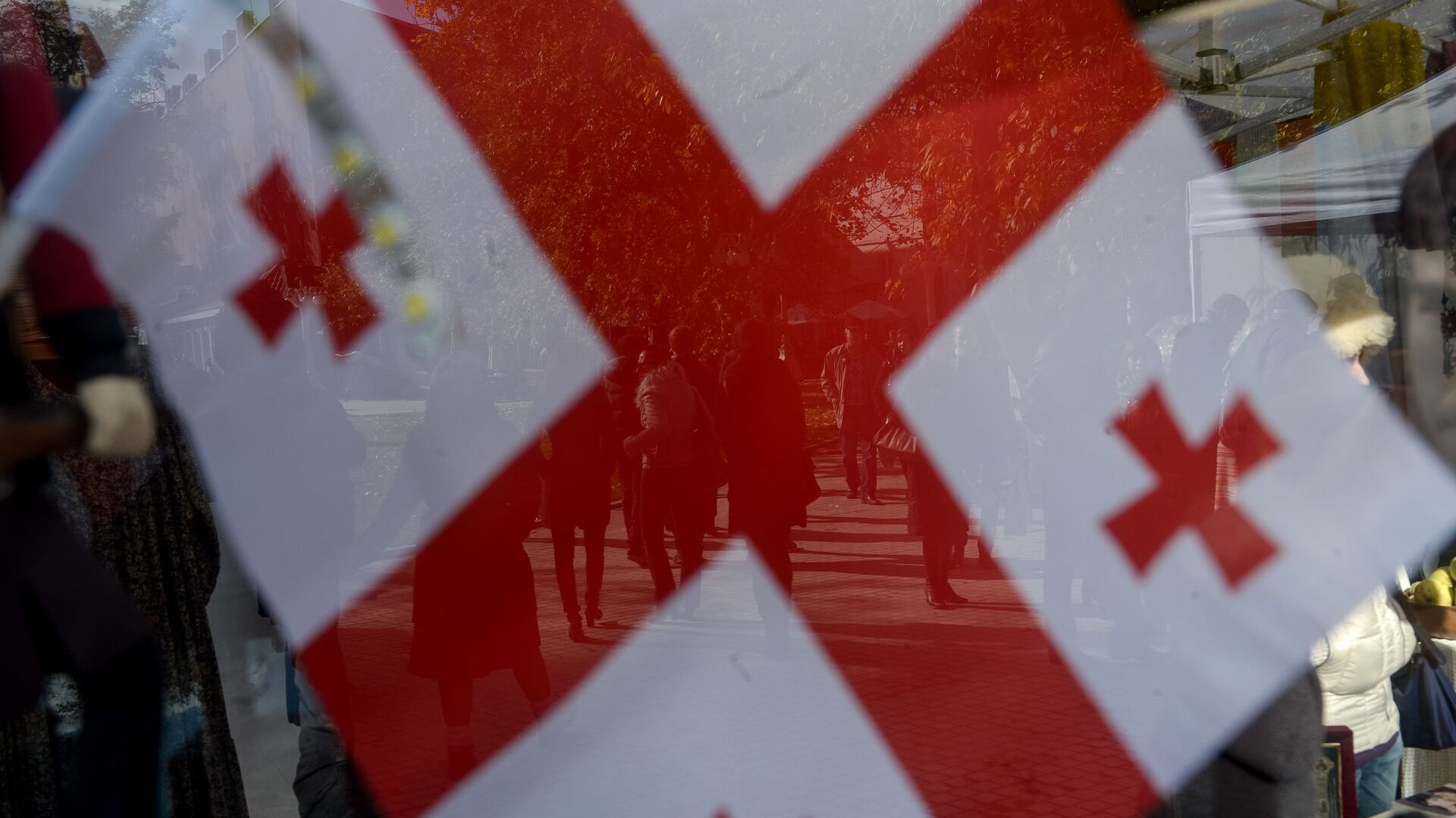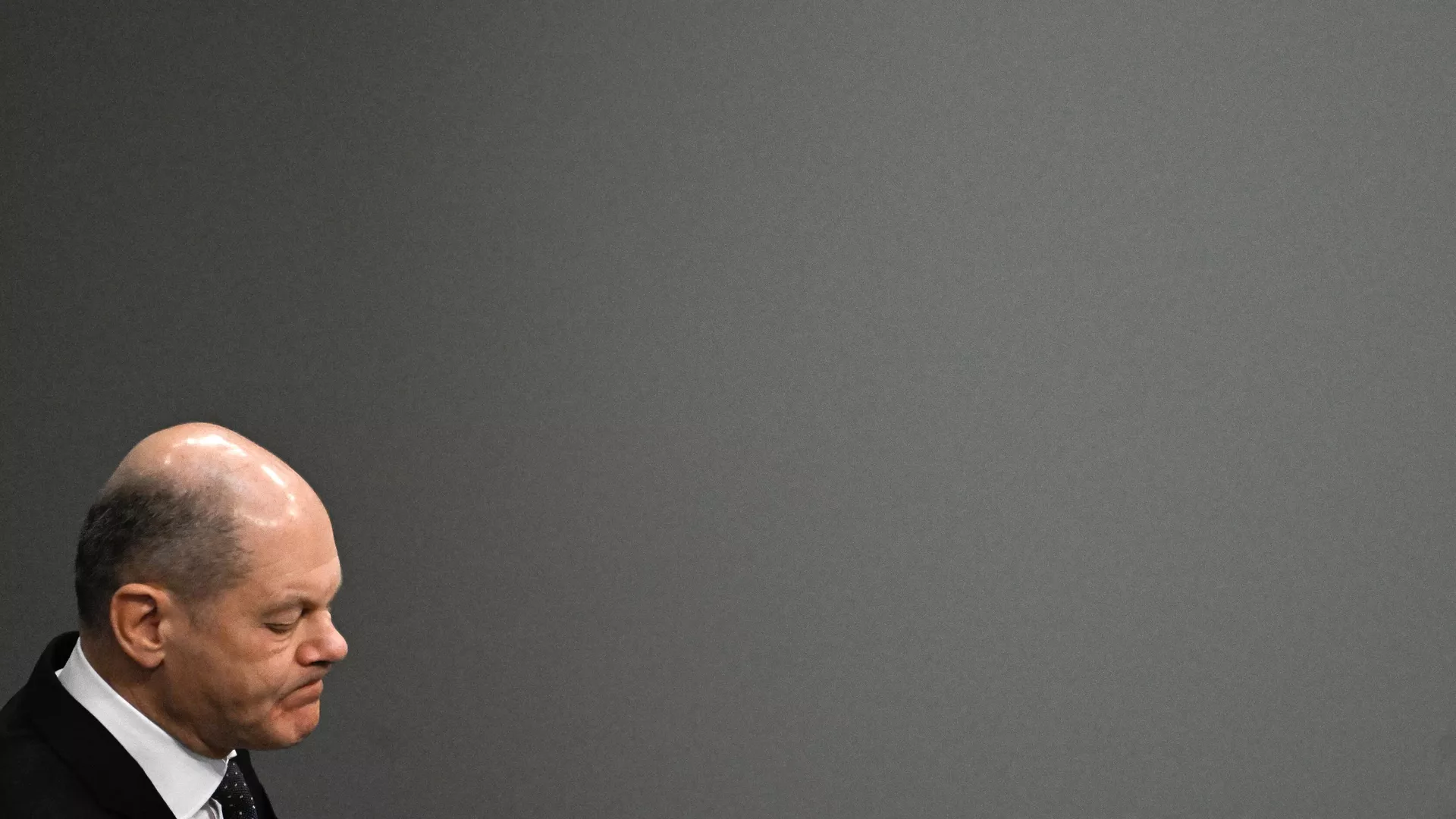The heads of government override German concerns and come out in favor of a temporary cap on gas. Scholz is able to push through conditions for this. Whether that will be enough to prevent supply bottlenecks remains to be seen.
As early as Thursday, at the start of the EU summit in Brussels, it became clear that the German government’s opposition to a European gas price cap is increasingly losing ground. The concern that it will inevitably lead to supply bottlenecks is shared by only a handful of states. Two-thirds of the EU states are in favor. After hours of negotiations, EU leaders reached a compromise in the early hours of Friday morning that addresses at least some of Germany’s concerns. The chiefs are calling for “urgent decisions” to lower gas prices. This includes a price cap on gas trading as well as a price cap on the use of gas in power generation to at least lower electricity prices.

A fund financed by EU debt to address the energy crisis is also mentioned as a possible part of the solution to high energy prices. Specifically, the conclusions talk about the importance of “joint solutions at the European level, where appropriate.” That’s less than French President Emmanuel Macron and the leaders of Italy and Portugal may have had in mind, who had called for a European solidarity mechanism. But it opens the door for it. In this context, however, German Chancellor Olaf Scholz once again referred to the unspent funds in the triple-digit billions from the Corona reconstruction fund.
“Unity and solidarity prevail,” EU Council President Charles Michel wrote on Twitter. The EU now has “a very good roadmap,” said EU Commission President Ursula von der Leyen. Scholz said the summit had laid the “foundation for joint action.” The energy ministers must now reach a “consensual” decision, Scholz continued, referring to the upcoming negotiations on the energy crisis proposals presented by the Commission before the summit, which include at least a rudimentary price cap.
The next meeting is scheduled for next Tuesday. Otherwise, “the council will have to go at it again,” Scholz emphasized. Formally, this is not correct. The EU ministers can decide by qualified majority and outvote Germany in the process, a fact that the Commission is certainly pointing out. Politically, however, it is difficult to imagine that Germany would be outvoted on such an important issue. The Council, i.e. the EU summit, on the other hand, must decide unanimously.
Partial success in setting incentives
Scholz and the other opponents of a gas price cap, which include the Netherlands, Austria and Denmark, have at least succeeded in getting the Council to call for greater efforts to save energy. The hope is that the price of gas will fall when demand falls, making a price cap superfluous. In addition, both the introduction of the price cap on gas and the price cap for the electricity market are linked to a number of conditions, first and foremost that the gas supply remains secure.
The Commission must now draw up concrete proposals for capping the price of gas in power generation – the so-called Iberian model, because this already exists in Spain and Portugal. It remains to be seen whether the rudimentary price cap proposed by the Commission before the summit is sufficient for the majority of EU member states. It provides for a dynamic cap based on the Amsterdam TTF benchmark index. However, it is unclear how high the cap should be. Moreover, it only applies to the spot market, i.e. not to transactions between gas buyers and sellers, either directly or through a broker. It could therefore be easily circumvented.
In addition, it is supposed to apply only temporarily until the EU develops a new gas price index that should lead to lower prices. French President Macron said during the night that he expected a quick agreement. The EU could have “mechanisms that can be implemented by the end of October or the beginning of November,” he said.
the main source of the news: https://www.faz.net/aktuell





